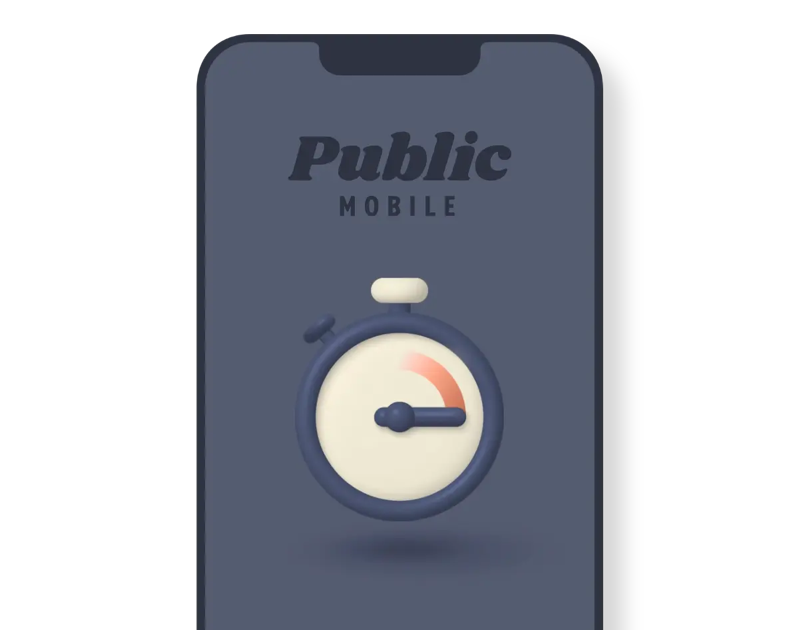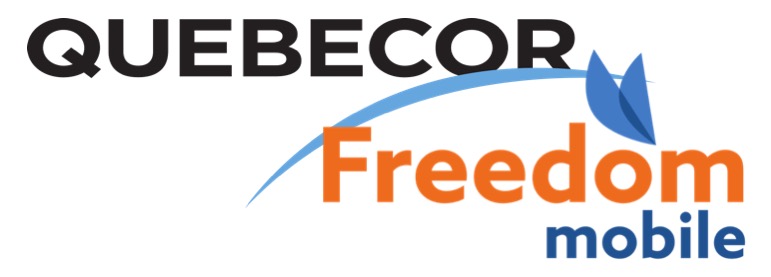
Telus Asks CRTC to Investigate Iristel Over ‘Traffic Stimulation’ Accusations
Telus has asked the Canadian Radio-television and Telecommunications Commission (CRTC) to investigate wireless carrier, Iristel, which services Northern Canada, alleging the latter is gaming the system at the expense of the Big 3 operator.
As reported by The Globe and Mail:
Telus Communications filed an application last week with the Canadian Radio-television and Telecommunications Commission, calling for a public review of what it considers excessive cellphone traffic directed toward Iristel Inc.
Telus accused Iristel of gaming the country’s telecom rules – at the expense of Telus – by redirecting calls to the North where it can charge much higher call interconnection rates than in the rest of the country.
The practice, known as “traffic stimulation,” involves services such as call centre lines or call-to-listen services using a particular area code where long distance interconnection rates are higher.
Telus says the alleged practice by Iristel means it has to pay higher connections rates to the 867 area code, covering the North.
“Unless relief is granted, service providers facing costs for stimulated traffic will eventually have to reduce the value of their retail offerings as a way of containing costs,” said Telus in its briefing.
Telus detailed examples of businesses connecting to the North, but don’t even operate there, such as Lyft and Punjabi Radio USA.
In 2016, Iristel faced similar accusations from another Big 3, wireless carrier, Rogers. The CRTC ordered Iristel to cancel some contracts with Rogers last year, after the latter complained traffic to Iristel wireless numbers surged exponentially.
Phone interconnections rates are more expensive in the North because satellites are used to make calls to isolated communities, set at 3.8 cents per minute. In comparison, most heavily populated areas of southern Canada have a benchmark rate of less than half a cent per minute.
Iristel Claims Telus is Breaking the Telecommunications Act
Samer Bishay, president and CEO of Iristel, said in an interview with the Globe, “Canadians are kind of caught in the crossfire here because people on the Telus network, whether they’re up north or down south or anywhere, calling an Iristel number or an Ice Wireless number in Northern Canada are affected by this.”
Iristel countered the claim by accusing Telus of limiting phone calls to pass through to Ice Wireless users, resulting in hundreds of wireless users with Telus-activated devices unable to see their calls go through. Ice Wireless is an affiliate of Iristel which services parts of the Northwest Territories, Yukon and Nunavut.
Bishay added, “They’re only allowing so many channels to pass through, which is completely illegal based on the Telecommunications Act.”
He continued to say, “We’re talking pennies, literally pennies, in the grand scheme of things,” he said. “What (Telus is) doing is completely illegal and they’re holding Canadians hostage for … a corporate dispute.”
The CEO shared his thoughts last week on Twitter, saying “We have tracked hundreds of trouble tickets by innocent Canadians unable to reach their loved ones in the north because Telus is acting in bad faith breaking all telecom laws. If Canadians only knew the heavy handed tactics. Telus I gotta give you a prize for stooping so low.”
We have tracked hundreds of trouble tickets by innocent Canadians unable to reach their loved ones in the north because Telus is acting in bad faith breaking all telecom laws. If Canadians only knew the heavy handed tactics. Telus I gotta give you a prize for stooping so low. https://t.co/k5ZPgIQnvO
— Samer Bishay (@SBishayIRIS) August 9, 2018
Telus Denies Any Wrongdoing
An unnamed Telus official, “who would only speak on the condition of anonymity”, according to the Globe, said it was neither limiting or expanding its communications pipeline.
“We’ve provisioned our network to meet normal traffic flows,” said the anonymous Telus official, adding “It’s not illegal to get a busy signal. If our trunks are busy, our trunks are busy.”
The CRTC said it is reviewing both applications from Telus and Iristel, and would not comment on the matter.


